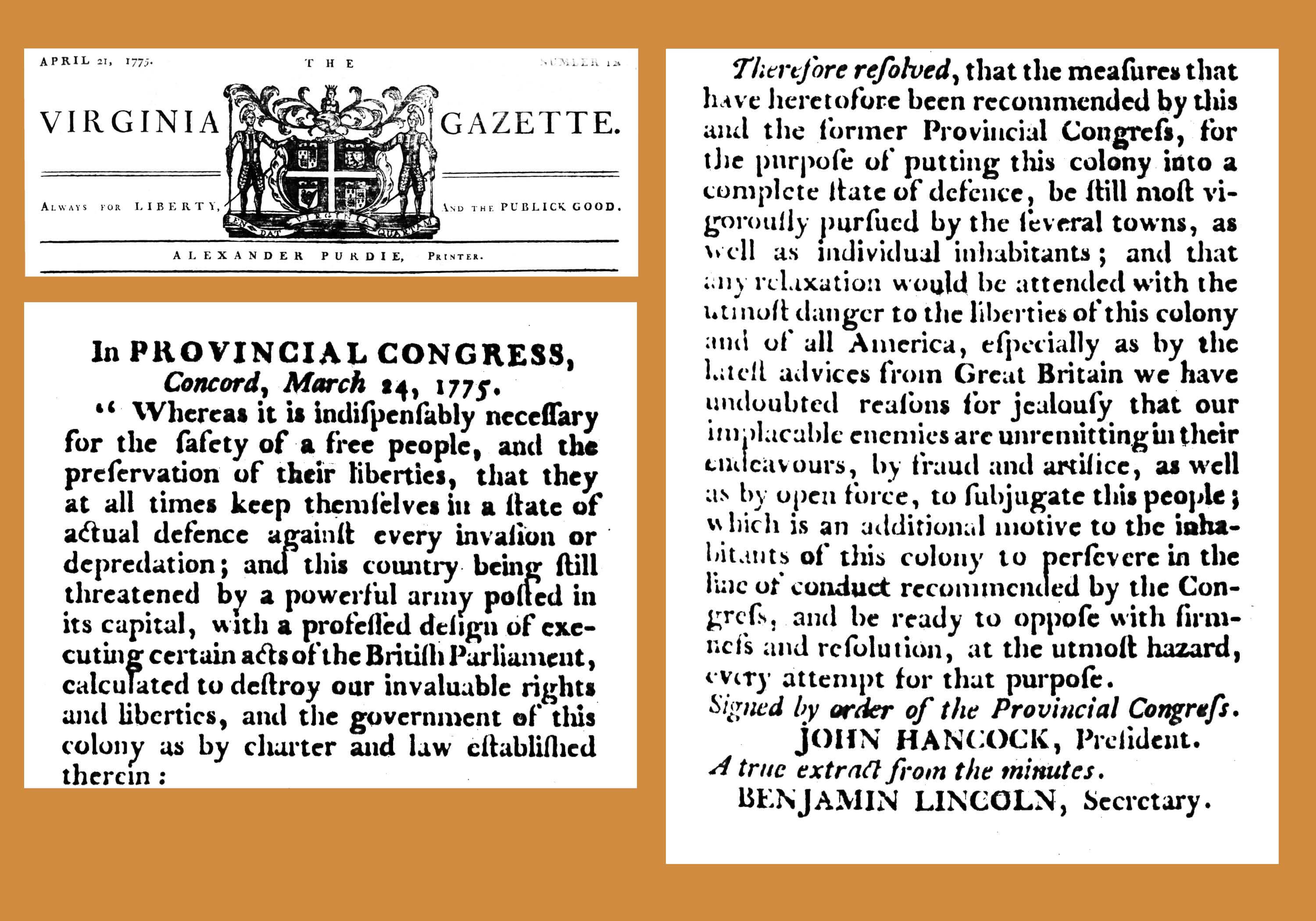|
Bellagio Declaration
The Bellagio Declaration is a resolution formed in 1993, with the aim of reforming intellectual property laws in order to foster the protection of folkloric works, works of cultural heritage, and the biological and ecological know-how of traditional peoples. The Declaration was written as a result of the 1993 Rockefeller Foundation The Rockefeller Foundation is an American private foundation and philanthropic medical research and arts funding organization based at 420 Fifth Avenue, New York City. The second-oldest major philanthropic institution in America, after the Carneg ... Conference "Cultural Agency/Cultural Authority: Politics and Poetics of Intellectual Property in the Post-Colonial Era". External links Text of Declaration Intellectual property law ... [...More Info...] [...Related Items...] OR: [Wikipedia] [Google] [Baidu] |
Resolution (law)
In law, a resolution is a written motion adopted by a deliberative body. The substance of the resolution can be anything that can normally be proposed as a motion. For long or important motions, though, it is often better to have them written out so that discussion is easier or so that it can be distributed outside the body after its adoption. An alternate term for a resolution is a ''resolve''. Resolutions are commonly used in corporations and houses of legislature. In corporations In corporations, a written resolution is especially useful in the case of the board of directors of a corporation, which usually needs to give its consent to real estate purchases or sales by the corporation. Such a resolution, when certified by the corporation's secretary, gives assurance to the other side of the transaction that the sale was properly authorized. Other examples include resolutions approving the opening of bank accounts or authorizing the issuance of shares in the corporation. Ho ... [...More Info...] [...Related Items...] OR: [Wikipedia] [Google] [Baidu] |
Intellectual Property Law
Intellectual property (IP) is a category of property that includes intangible creations of the human intellect. There are many types of intellectual property, and some countries recognize more than others. The best-known types are patents, copyrights, trademarks, and trade secrets. The modern concept of intellectual property developed in England in the 17th and 18th centuries. The term "intellectual property" began to be used in the 19th century, though it was not until the late 20th century that intellectual property became commonplace in the majority of the world's legal systems."property as a common descriptor of the field probably traces to the foundation of the World Intellectual Property Organization (WIPO) by the United Nations." in Mark A. Lemley''Property, Intellectual Property, and Free Riding'', Texas Law Review, 2005, Vol. 83:1031, page 1033, footnote 4. The main purpose of intellectual property law is to encourage the creation of a wide variety of intellectual goo ... [...More Info...] [...Related Items...] OR: [Wikipedia] [Google] [Baidu] |
Folklore
Folklore is shared by a particular group of people; it encompasses the traditions common to that culture, subculture or group. This includes oral traditions such as tales, legends, proverbs and jokes. They include material culture, ranging from traditional building styles common to the group. Folklore also includes customary lore, taking actions for folk beliefs, the forms and rituals of celebrations such as Christmas and weddings, folk dances and initiation rites. Each one of these, either singly or in combination, is considered a folklore artifact or traditional cultural expression. Just as essential as the form, folklore also encompasses the transmission of these artifacts from one region to another or from one generation to the next. Folklore is not something one can typically gain in a formal school curriculum or study in the fine arts. Instead, these traditions are passed along informally from one individual to another either through verbal instruction or demonstr ... [...More Info...] [...Related Items...] OR: [Wikipedia] [Google] [Baidu] |


